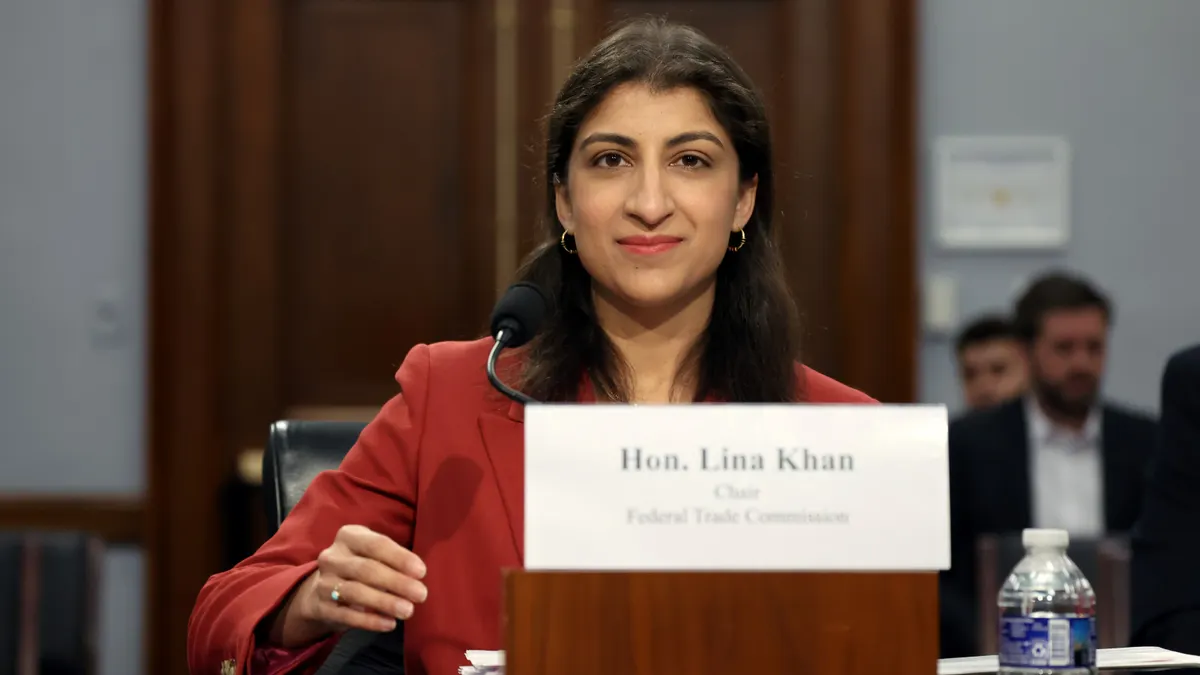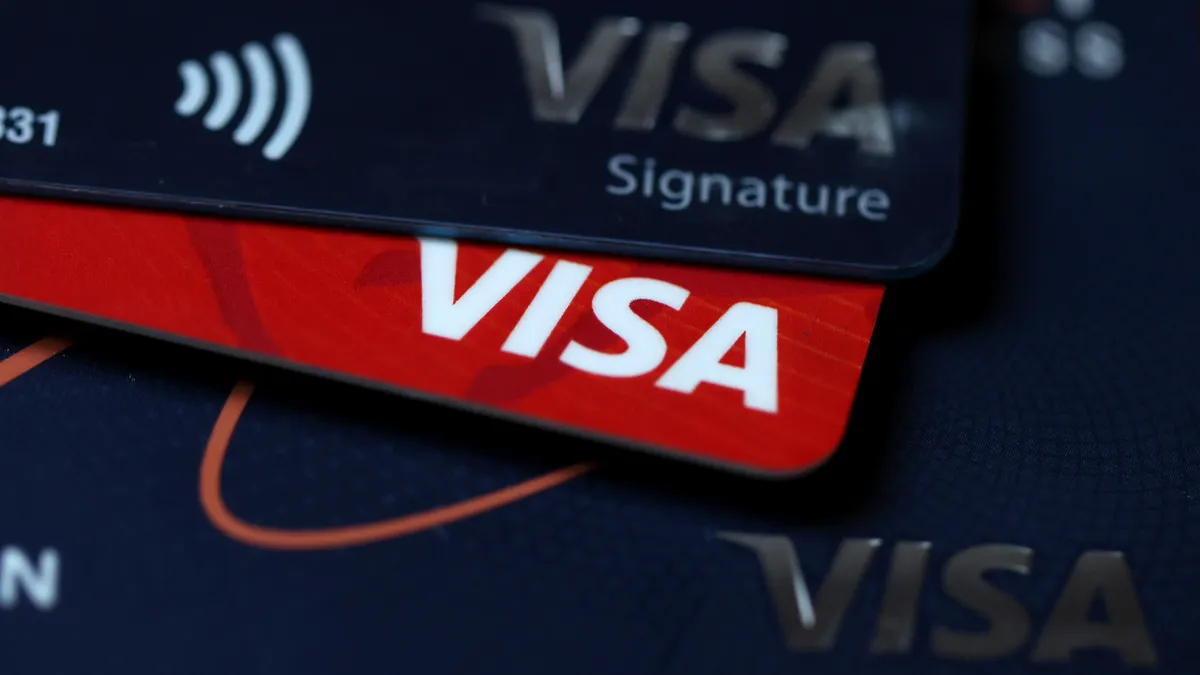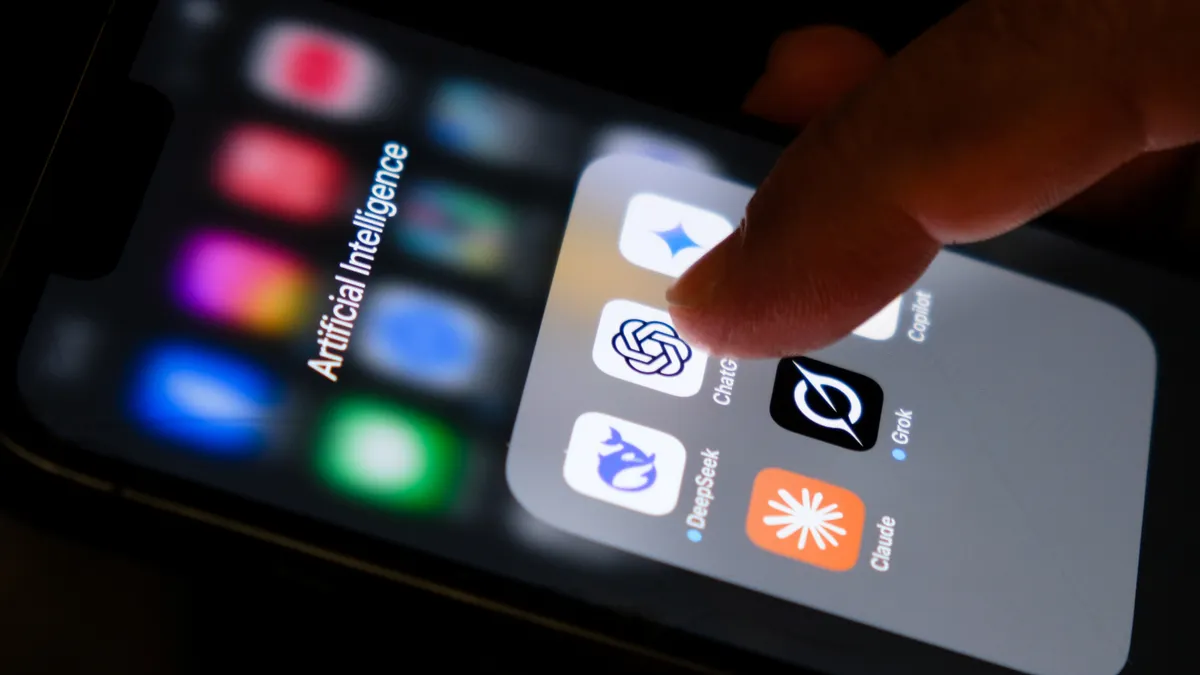The death of a federal “click-to-canel” rule by a court ruling this month means consumers peeved about recurring charges will have one less defense, say some industry experts who see parts of the payments refund process as woefully outdated.
Merchants, meanwhile, contend with billions of dollars in disputed payments each year as customers submit chargeback requests. The Federal Trade Commission rule mandating that merchants ease their cancellation processes might have reduced some chargebacks, some experts said.
In October, the FTC under the Biden administration passed changes to the agency’s Negative Option Rule, with both Republican commissioners and multiple business groups opposed.
The rule “sought to impose requirements that would put consumers in a better position, and an aftereffect of that would have likely been less confusion or less alleged confusion, and therefore less disputes and chargebacks,” Zach Lerner, senior legal director at law firm ZwillGen, said Tuesday in an interview.
The rule update – which would have covered recurring payments such as magazine subscriptions, health gym memberships and streaming services – also included recurring charges between businesses. The action drew several industry lawsuits, partly because of the rule’s broad sweep and vague language in the now-defunct rule, Lerner said.
On July 8, the Eighth Circuit Court of Appeals vacated the rule, finding procedural fault with how the FTC enacted the changes. “While we certainly do not endorse the use of unfair and deceptive practices in negative option marketing, the procedural deficiencies of the Commission’s rulemaking process are fatal here,” the three-judge panel said in its opinion.
The FTC has no comment on the court ruling or potential next steps in the matter, an agency spokesperson said in an email last week.
The court’s ruling was “very disappointing,” Ruth Susswein, director of consumer protection for Consumer Action, said in a July 10 email. However, she added, “I’m heartened by the fact that the court ruled against the process used to create the rule, rather than the arguments made to protect consumers and prevent customer manipulation.”
The Health and Fitness Association, which filed an amicus brief in the federal litigation, welcomed the appeals court’s ruling in a July 8 press release.
HFA members “are fully committed to advancing consumer-friendly cancellation policies,” the association said. We believe strongly in transparency and ease of use, and we are actively working to support policy solutions — especially at the state level—by partnering with lawmakers to enact clear, reasonable laws that make it easier for consumers to manage their memberships without imposing rigid or unworkable mandates on businesses.”
Absent the FTC rule, “states will continue to fill the void,” said Lerner, who works in Washington and advises merchants. “Certain states in particular will look at what just happened to the negative option rule, and say, ‘We really need to do even more.’”
The relationship between card chargebacks and the various state and federal laws that touch on recurring charges is murky, said Monica Eaton, chief executive of Chargebacks911, a dispute-management software company that works with acquirers, large merchants and card issuers.
The growth of chargebacks was fueled by a surge of online commerce during the COVID-19 pandemic, and is still outpacing retail sales, she said. Consumers typically use a bank’s mobile app or website to quickly dispute a payment, avoiding the need to use phone, chat or email contacts.
“How can we get the consumer to build a relationship with the business they’re purchasing from instead of just going straight to their bank?” Eaton said July 10 in an interview.
More than three-quarters (76%) of consumers skip merchants and dispute charges directly with their bank, according to a survey of about 1,200 people in the U.S. and UK by Chargebacks911 released Tuesday. Almost 9 in 10 consumers said they trusted their bank to resolve disputes quickly, the survey found.
“Customer loyalty is being reinforced not through direct merchant engagement, but through repeated satisfaction with bank-mediated outcomes,” the company wrote about the findings.
Another reason consumers turn to bank-dispute methods is because they consider charge disputes “as simply an alternative to traditional refunds,” the report said. U.S. merchants face about $170 billion in “chargeback fraud and misuse” each year, according to Chargebacks911, which has its U.S. headquarters in Clearwater, Florida.
Billing descriptions also play heavily into chargebacks, with 40% of those surveyed saying they often don’t recognize charges because of confusing or incomplete descriptors denoting a payment, according to the survey.
“We don’t need to stop the amount of chargebacks, we need to retool the way this (process) works,” Eaton said.





















